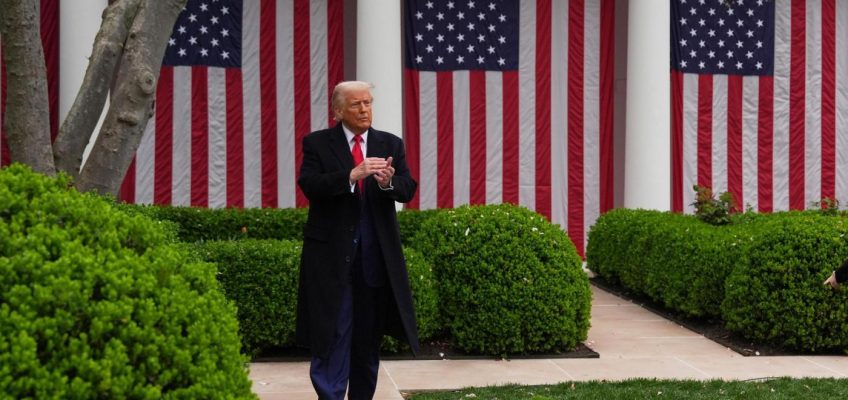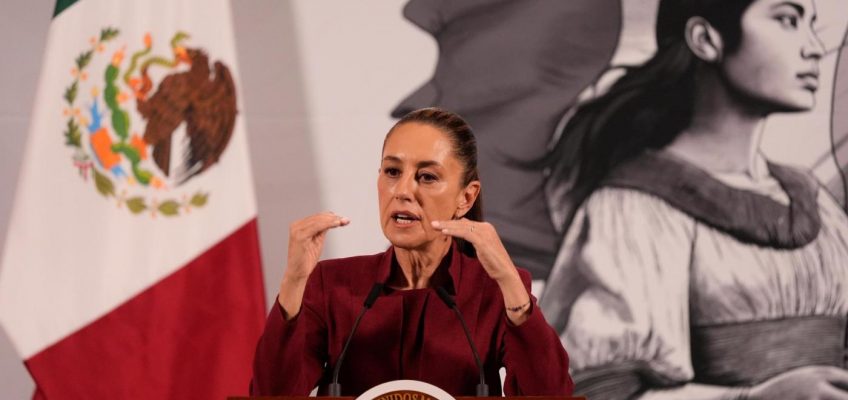It’s infectious, the love “Freaky Tales” has for the Oakland, California, of the mid-1980s.
You need not have grown up then and there — as one of the film’s co-writers and -directors, Ryan Fleck, did — to appreciate it, although having done so surely would give you all those nostalgic feelings Fleck is hoping to conjure. Shooting in Oakland in late 2022 and early ’23, the production clearly went to great lengths to re-create aspects of the city, a world away, if only 12 actual miles and some water, from its Bay Area neighbor, San Francisco.
Plus, two Oakland legends, rapper Too $hort and Golden State Warriors star Eric “Sleepy” Floyd, serve as significant characters in “Freaky Tales” AND make cameos in it. The former also serves as the film’s narrator, helping to establish its fun-and-fuzzy tone in its opening moments, informing the viewer that “Oakland in ’87 was hella wild,” talking about an electricity in the air and even throwing in a bit about some “cosmic green (expletive).”
In select theaters this week, “Freaky Tales” is the latest effort by Fleck and his filmmaking partner, Anna Boden, whose credits include 2006’s “Half Nelson,” 2015’s “Mississippi Grind” and, most notably, 2019 Marvel Cinematic Universe entry “Captain Marvel.” The generally entertaining “Freaky Tales” debuted in January 2024 at the Sundance Film Festival and certainly has that gritty, on-a-wing-and-a-prayer, film-fest feel.
Four separate but interconnected tales comprise “Tales,” helping it to stand out from the cinematic pack. (While Fleck, in the film’s production notes, cites mid-1980s flicks “Repo Man” and “The Last Dragon” for helping to inspire its retro feel and B-movie visual style, the nonlinear, overlapping structure and a few characters crossing paths in a diner feel like nods to Quentin Tarantino’s beloved 1994 jam, “Pulp Fiction.”)
If you don’t count a member of Hollywood royalty who makes a cameo as a man behind the counter at a video store (hint: Fleck and Boden directed two episodes of last year’s acclaimed historical limited Apple TV+ series “Masters of the Air”), the biggest names in the cast are “Star Wars” franchise alums Pedro Pascal and Ben Mendelsohn.
Neither appears in the first chapter, “The Gilman Strikes Back,” centered around 924 Gilman Street, a since-closed underground music club important to the East Bay punk scene, which produced such acts as Green Day and Rancid. Despite the fiery music played there, it’s home to a crowd that believes strongly in nonviolence.
Related Articles
‘A Working Man’ review: Jason Statham solves a Chicago sex trafficking problem
‘Death of a Unicorn’ review: A dark comedy with more splatter than glitter
Richard Chamberlain, TV heartthrob turned serious actor, dies at 90
Boulder, Colorado, wins Sundance Film Festival starting in 2027, beating out Utah and Ohio
Spring movies 2025 — here are 19 films to get excited about before popcorn season
However, after a gang of skinheads invades the club, attacking both audience members and performers, folks such as patrons Tina (Ji-young Yoo) and Lucid (Jack Champion) consider whether they may have to change their ways to defend their turf.
Music is also a key component to the second tale, “Don’t Fight the Feeling,” in which up-and-coming female rap duo Danger Zone — Barbie (Dominique Thorne) and Entice (Normani) — are offered the chance to take on Too $hort (Bay Area rapper Symba) in a rap battle. (As with Tina and Lucid, we meet them outside the Grand Lake Theatre — after they’ve seen “The Lost Boys” — where they, too, have a not-so-pleasant exchange with the driving-by Nazis.)
Pascal (‘The Mandalorian,” “The Last of Us”) is front and center in the chapter that follows, “Born to Mack,” as Clint, a pain-imposing debt collector on what is supposed to be his last job. That takes place in the back of the aforementioned video store, outside of which sits Clint’s very pregnant wife (Natalia Dominguez) in their car.
Man, that last day on the job just never goes smoothly, does it?
Lastly, we get “The Legend of Sleepy Floyd,” built around a coordinated series of robberies of the homes of Warriors players during a home playoff game against the Los Angeles Lakers in which Floyd scored an astonishing 29 points in the fourth quarter.
The big operation is put together by “The Guy” (Mendelsohn, “Captain Marvel,” “Rogue One: A Star Wars Story”), who by this point already has had a not-so-comfortable interaction with Barbie at the ice cream shop where she and Entice work. It’s fair to say
The Guy will come to regret one house making the final cut of those to be hit on May 10, as “Tales” climaxes in a Tarantino-esque slice of revenge porn featuring Sleepy (Jay Ellis) striking back. (Regardless of what actually happened on that day in 1987, liberties have been taken here given the, well, mystical abilities possessed by the movie’s version of the hooper.)
This cropped image is from a promotional poster for “Freaky Tales.” (Courtesy of Lionsgate)
As a character famously says in “Pulp Fiction,” personality goes a long way, and “Freaky Tales” has a lot of it. A few sluggish stretches are outweighed by the incredibly well-executed throwback look of the film, with credit going to, among others, production designer Patti Podesta (“Jurassic Park,” “Memento”) and costume designer Neishea Lemle (“Hidden Figures,” “Black-ish”).
Its title borrowed from a 1987 Too $hort song, “Freaky Tales” ties together elements from its four stories more than you may expect by the time we get to its quirky but fitting epilogue.
According to the production notes, it took awhile — and several pitches — for Fleck to convince Boden they should make his love letter to 1987 Oakland. The world’s at least a slightly more colorful place now that they have.
‘Freaky Tales’
Where: Theaters.
When: April 4.
Rated: R for strong bloody violence, language throughout including slurs, sexual content and drug use.
Runtime: 1 hour, 47 minutes.
Stars (of four): 2.5.




